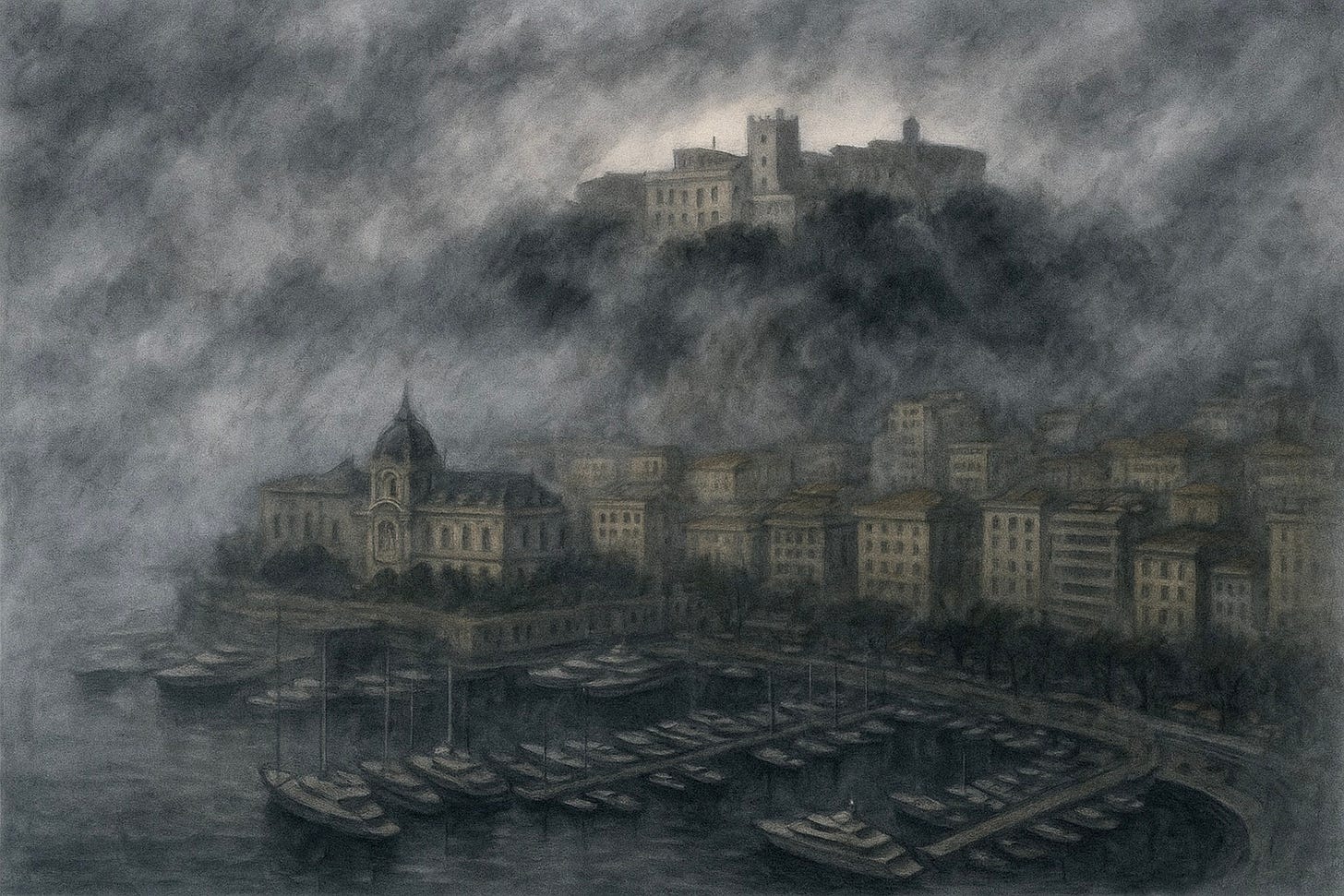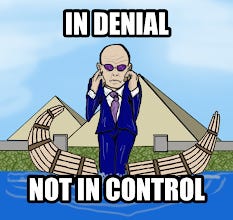“EU includes Monaco in updated list of high-risk jurisdictions for money laundering” (Reuters)
The European Commission on Tuesday included Monaco in its updated list of high-risk jurisdictions presenting strategic deficiencies in their national anti-money laundering and countering the financing of terrorism regimes.
The European Commission said in a statement it had added a number of third-country jurisdictions to its list, including Algeria, Angola, Cote d'Ivoire, Kenya, Laos, Lebanon, Monaco, Namibia, Nepal and Venezuela.
“‘EU removes UAE from 'high-risk' money-laundering list, adds Monaco’” (Le Monde)
The European Union just added Monaco to its money laundering "naughty list," alongside the likes of Laos, Venezuela, and Angola. The EU’s new update aligns with the Financial Action Task Force (FATF), which added Monaco to its grey list in 2024 for insufficient controls on dirty money.
The inclusion of Monaco, a billionaire playground known for luxury and secrecy, signals a turning point in Europe's patience with the principality’s opaque financial practices.
For years, Monaco has marketed itself as reformed—but the EU isn't buying the glamour anymore. Being lumped in with unstable or developing nations is more than a public embarrassment; it threatens Monaco’s financial credibility and its elite clientele’s confidence.
The principality’s official response? Shrug and smile.
Meanwhile, behind the scenes: panic among lawyers, bankers, and anyone with a numbered account and a questionable origin story.
Monaco is longer just a tax haven for Formula 1 drivers and oligarchs, it’s now a red-flagged jurisdiction in the eyes of Europe.
If Prince Albert wants to stay off the blacklist entirely, he’ll need more than royal pomp and ceremony, and yacht parties, to convince regulators he’s serious.
But since he hasn’t been serious since first ascending the throne in 2005, there’s no reason to think he will now grow a backbone.





